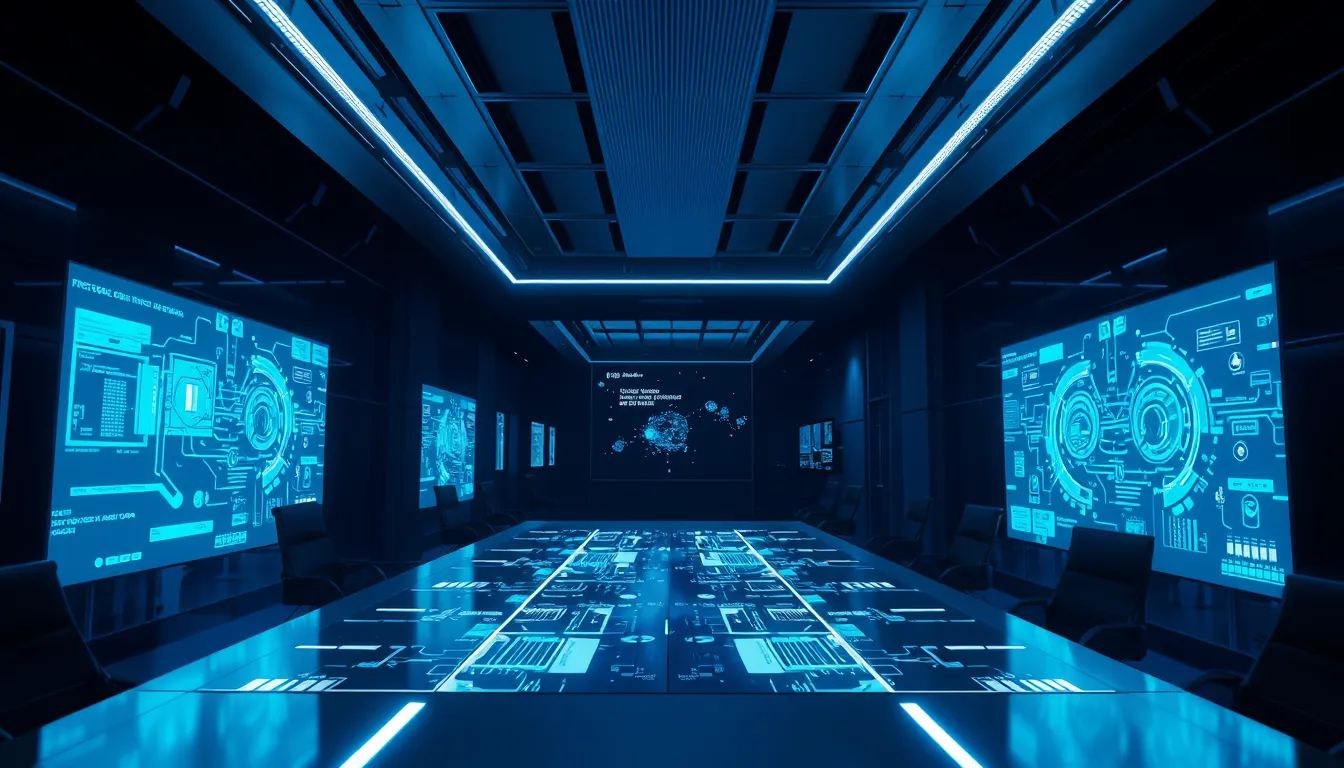Now Reading: Provocative AI Debate: Enhancing Human-AI Relationships
-
01
Provocative AI Debate: Enhancing Human-AI Relationships
Provocative AI Debate: Enhancing Human-AI Relationships

Provocative AI Debate: Enhancing Human-AI Relationships
The rapid advancements in artificial intelligence have sparked an engaging and multifaceted discussion, known widely as the AI debate in relationships. As technology continues to evolve, the dynamics between human interactions and AI are transforming at an unprecedented rate. This article explores the evolving nuances of AI debate in relationships, delving into the ethical, personal, and social implications of integrating AI into our daily lives.
Understanding the AI Debate and Its Implications
The heart of the AI debate in relationships lies in how artificial intelligence is changing our interpersonal connections. In recent years, the conversation has expanded to include various aspects such as human-AI interaction, AI ethics, and the artificial intelligence personal impact on society. Here are key factors driving this debate:
- The evolution from digital assistants to emotionally aware AI companions.
- Growing interest in integrating AI for personal relationship management.
- Concerns over privacy and the ethical boundaries of AI intimacy.
Many experts argue that AI has the potential to enhance communication and offer companionship in innovative ways. However, skeptics caution against over-reliance on technology, pointing out that authentic human connection is built on empathy and emotional depth—qualities difficult for AI to emulate.
The Transformation of Human-AI Interaction
As we delve deeper into the integration of AI into our personal lives, it is essential to understand the transformation that human-AI interaction is undergoing. The AI debate in relationships centers around both excitement and apprehension. Supporters highlight how AI tools can help streamline everyday tasks, provide tailored advice, and even offer a semblance of emotional support. On the other hand, critics raise concerns about privacy, data security, and the risk of replacing genuine human connection with artificial substitutes.
AI Ethics and Artificial Intelligence Personal Impact
Central to the AI debate in relationships is the discussion on AI ethics. As developers and users alike navigate this complex landscape, several ethical questions arise:
- Can AI truly understand the emotional nuance of human interactions?
- What responsibilities do creators have to ensure AI does not compromise privacy?
- How can society balance innovation with the preservation of authentic human connection?
Ethical concerns underscore the significance of establishing clear guidelines. Researchers and industry leaders emphasize that ethical considerations must go hand in hand with technological advances. These guidelines are essential to mitigate the risks associated with over-reliance on digital interfaces in personal settings.
Will You Snog, Marry, or Avoid AI?
One of the most thought-provoking questions posed in the current AI debate in relationships is: “Will you snog, marry, or avoid AI?” This provocative inquiry encapsulates the spectrum of public sentiment towards AI intimacy. It pushes us to consider whether future relationships might include a blend of human and artificial elements. In addressing this question, the discussion is divided among three primary perspectives:
- Embrace and integrate AI as a valuable companion for emotional support and day-to-day assistance.
- Maintain a cautious approach, appreciating AI for its utility while safeguarding genuine human connections.
- Reject deep emotional reliance on AI, viewing it strictly as a tool to complement, not replace, human relationships.
By incorporating long-tail queries such as “will you snog marry or avoid AI,” this conversation becomes a mirror reflecting the diverse attitudes harbored by society regarding the integration of technology and intimacy.
Can AI Enhance Human Connection?
In exploring whether AI can enhance human connection, it is important to weigh both optimism and skepticism. Proponents of AI in relationships argue that technology can create meaningful, personalized interactions. Some benefits include:
- Immediate responses and continuous availability of support.
- Personalized experiences based on data-driven insights.
- Opportunities to bridge gaps in social interactions, particularly for those with limited access to human companionship.
However, despite these advantages, the question remains: at what cost does this convenience come? The human element—comprised of real emotions, spontaneity, and flaws—appears to be something that AI may never fully replicate. The discussion, therefore, is an essential part of the broader AI debate in relationships, urging all stakeholders to contemplate not only what is possible, but what preserves the integrity of the human experience.
The Future of AI Debate in Relationships
Looking forward, the AI debate in relationships will likely intensify as new innovations emerge and societal values shift. Here are some potential future directions for this dialogue:
- Increased collaboration between tech developers, ethicists, and sociologists to balance innovation with ethical responsibility.
- Development of regulatory frameworks that ensure privacy and fairness in AI interactions.
- A shift towards hybrid models of relationships, where AI plays a supportive rather than dominant role.
Moreover, as AI continues to learn and evolve, it promises to offer even more refined interactions. However, it is crucial that these advancements remain guided by a commitment to preserving the authenticity of human relationships. Institutions, experts, and policymakers must all work together to navigate these uncharted territories.
Conclusion
The AI debate in relationships is not merely a technological discussion—it is a profound inquiry into the nature of human connection. By examining the ethical implications of AI intimacy, the transformation of human-AI interaction, and the personal impacts of artificial intelligence, we gain valuable insights into the future of our social lives. As we stand at this crossroads, the call is clear: embrace innovation responsibly, ensuring that technology enhances our humanity rather than diminishes it. The debate calls upon each of us to reflect on our role in shaping a future where AI serves as a tool for enriching our connections, rather than replacing the irreplaceable bonds of human interaction.

























